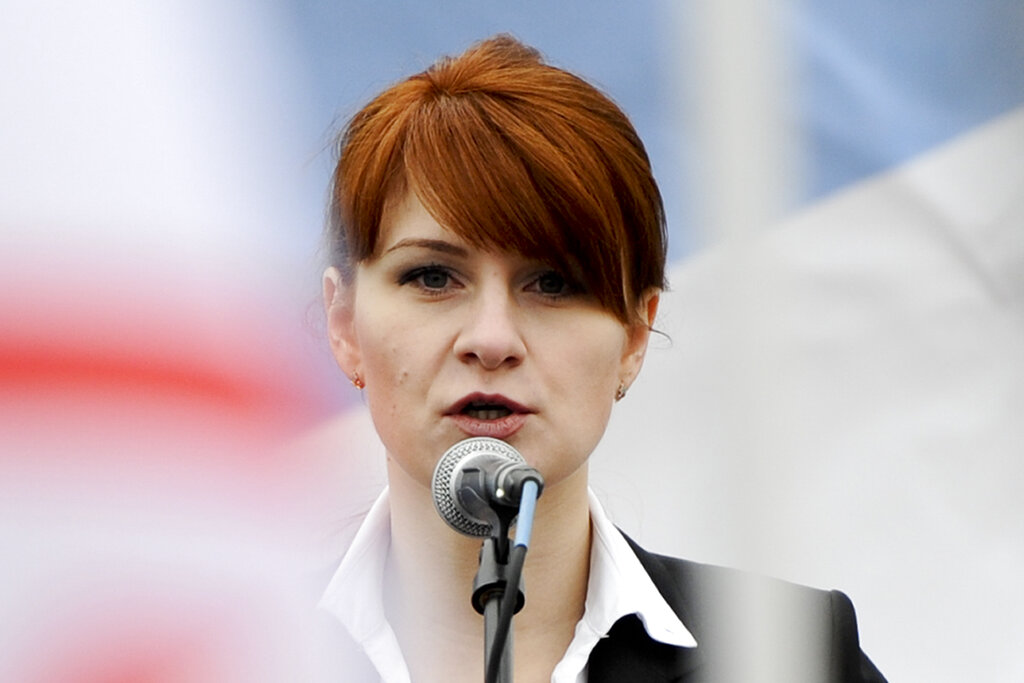Appeasement is back on the agenda, an old yet familiar term defining the satisfaction of an aggressor empire at the expense of a weaker victim, with the tacit approval of other empires that ironically boast about freedom and democracy. The symbol of this disturbing policy is the Munich Conference of 1938, where the United Kingdom and France believed that by sacrificing Czechoslovakia to Hitler, they would “save peace for a generation.”
History proved them tragically wrong.
Just a few days ago, I watched an interview on BBC’s Hard Talk, a show usually known for its rigorous questioning of even the most distinguished guests. Yet, this time, the host was noticeably softer, even ingratiating, towards Maria Butina. Yes, the same Maria Butina: Putin’s agent, previously convicted in the U.S. for espionage on behalf of Russia. After a reduced sentence, she returned to the embrace of Putin’s services, currently serving as a deputy in the Duma. Awarded a medal by the Rosgvardiya, the military backbone of the Russian aggression, and the Order of Saint Equal-to-the-Apostles Olga by Patriarch Kirill (a KGB agent known as Mikhailov).
Butina, sanctioned by the EU, U.S., Australia, Canada, Japan, and the U.K. since February 2022, was featured on British television as a star guest. Just days after her colleagues bombed a children’s hospital in Kyiv, she spoke of Western aggression against Russia, with the host nodding understandingly.
This is a clear sign of appeasement making a comeback. A significant portion of Western elites appear ready to accept the second partition of Ukraine (the first occurred in 2014). This problem isn’t exclusive to Trump; he at least does not let Putin outmaneuver him because he dislikes being played. French leftist elites, led by Trotskyist Jean-Luc Mélenchon and supported by Macron, recent winner of parliamentary elections, are eager for appeasement. So are German communists led by Sahra Wagenknecht; so is the Alternative for Germany (AfD), and so are the most powerful businessmen between the Rhine and the Oder rivers. Even a significant part of today’s victorious Labour Party in the U.K. (though not its leader) desires this, as does a segment of the Western ultra-right, orchestrated for decades by Alexander Dugin on behalf of the KGB.
So-called serious politicians from major EU countries, proven over centuries as partners to Russian imperial politics, now merely wait for Putin to designate the venue for a new Munich. I suspect he will choose either Munich itself or Brest (where 106 years ago Russia was forced, against its will, to recognize Ukraine, in an agreement with the Second Reich and Austria).
What can Poles do?
We must remember that after the second partition, an inevitable third will follow. Nothing will then protect Poland from becoming the next victim of an agreement over our borders…
Now, we must warn our partners — in the West and our region — against the illusions of peace that appeasement offers.






